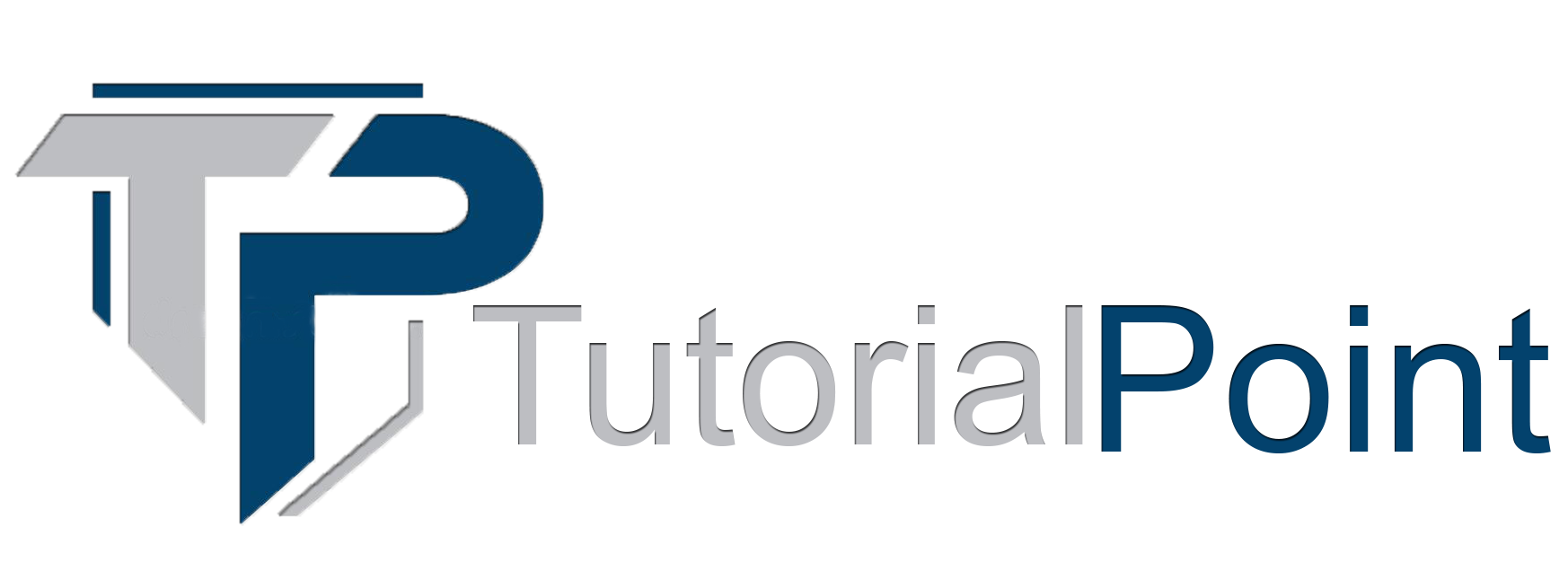Harnessing the Gig Economy: The Benefits of Freelancing Platforms for Businesses
[ad_1]
In recent years, there has been a significant shift in the way businesses operate. With advancements in technology and the rise of the internet, companies are now able to tap into a vast pool of talent from around the world. This shift has given rise to what is known as the gig economy. Harnessing the power of this gig economy can greatly benefit businesses, and freelancing platforms are playing a key role in making this possible.
Freelancing platforms have emerged as a bridge connecting businesses with freelancers across various industries. These platforms offer a multitude of benefits for both businesses and freelancers. For businesses, the key advantage lies in the ability to tap into a global talent pool. Traditional hiring methods often restricted companies to hiring talent from their local area or going through the expensive and time-consuming process of setting up satellite offices in different countries. Freelancing platforms eliminate these barriers, allowing businesses to connect with top talent from around the world, regardless of geographic location.
Another notable advantage of freelancing platforms is the flexibility they offer to businesses. In a traditional work setup, companies often have to deal with fixed employee costs, such as salaries, benefits, and office space. Hiring freelancers through platforms allows businesses to scale their workforce up or down as needed, providing the flexibility to adapt to changing project requirements or business demands. This not only helps businesses stay agile but also reduces overhead costs and increases efficiency.
Furthermore, freelancing platforms enable businesses to access a wide range of specialized skills. Whether it’s web development, graphic design, content writing, or marketing, these platforms offer an extensive range of freelancers with diverse expertise. This is particularly valuable for small businesses that may not have the budget to hire full-time employees with a broad skill set. By leveraging freelancers, businesses can access specific skills on an as-needed basis, maximizing efficiency and productivity.
Aside from the benefits to businesses, freelancing platforms also provide numerous advantages for freelancers themselves. Firstly, these platforms offer a level playing field, where freelancers can compete based on their skills and portfolio rather than their connections or location. This allows talented individuals from all corners of the world to showcase their abilities and secure projects they may have otherwise struggled to find.
Additionally, freelancing platforms provide freelancers with the opportunity to work on a variety of projects for different clients. This diversity provides freelancers with a chance to sharpen their skills, broaden their knowledge, and build a robust portfolio. As a result, they become more marketable and can command higher rates, allowing them to take control of their earning potential.
Furthermore, freelancing platforms handle many administrative tasks, such as invoicing and payment processing, freeing up freelancers’ time to focus on their work. They also act as intermediaries, providing a level of security and dispute resolution in case any issues arise during the course of a project.
While freelancing platforms offer a multitude of benefits, it’s essential for businesses to find the right platform that fits their specific needs. Factors to consider include the platform’s reputation, user base, and the availability of skilled freelancers in their desired fields. Taking the time to thoroughly research and compare different platforms will enable businesses to harness the gig economy effectively and drive their success.
In conclusion, freelancing platforms are revolutionizing the way businesses operate in the modern economy. By harnessing the power of the gig economy, businesses can access a global talent pool, enjoy flexibility, and tap into specialized skills. Simultaneously, freelancers benefit from enhanced exposure, diverse project opportunities, and simplified administrative processes. As the gig economy continues to grow, businesses that embrace freelancing platforms will be better positioned to thrive in a competitive landscape.
[ad_2]
